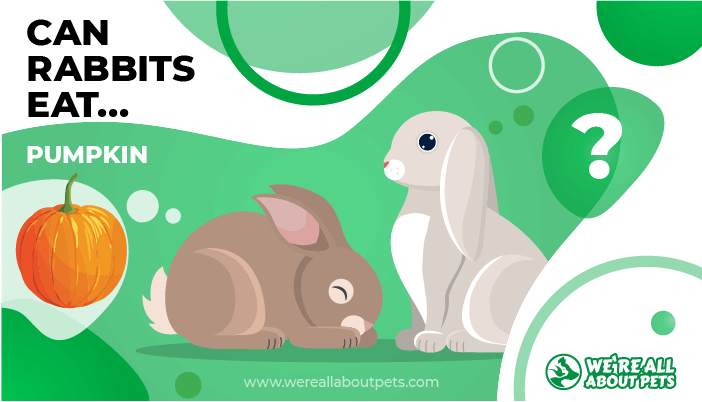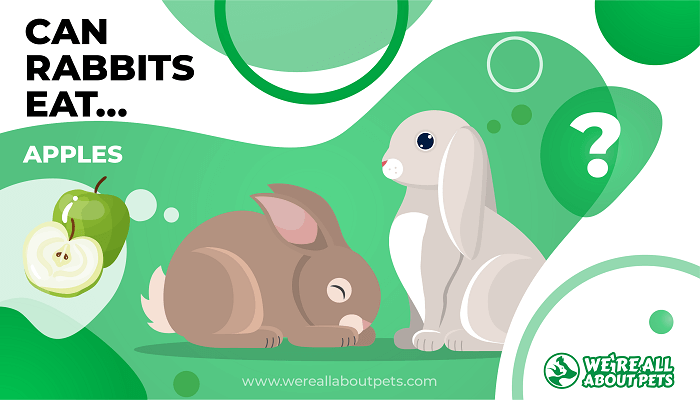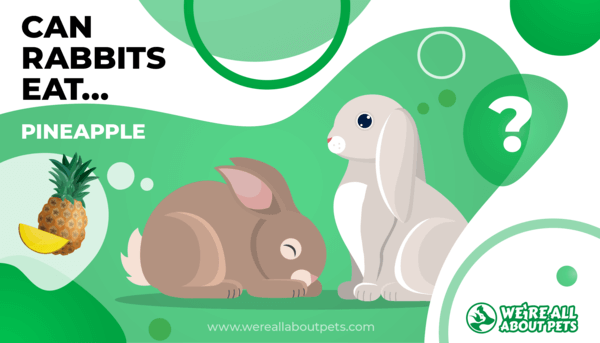Can Rabbits Eat Raspberries?
This page contains affiliate links. We may earn money or products from the companies mentioned in this post through our independently chosen links, which earn us a commission. Learn More
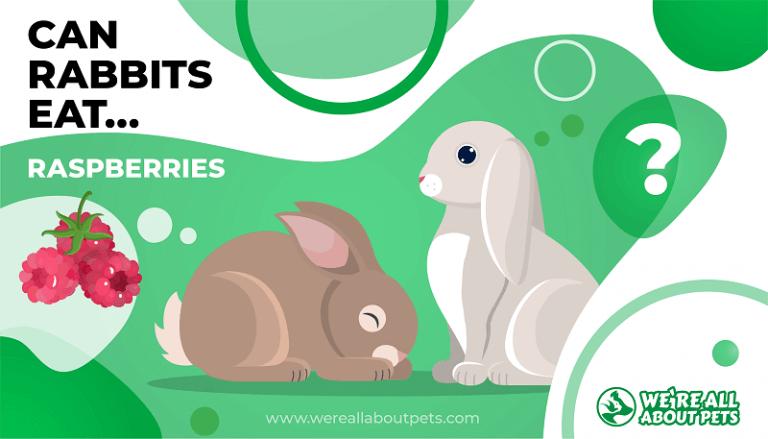
So delicious – the perfect combination of tart, tangy, and sweet – raspberries are an all-natural treat that’s difficult to beat.
The question is, are raspberries okay for rabbits? If you can give rabbit raspberries, how much can they have and how often?
The quick answer to the question of whether it’s okay to give raspberries to a rabbit is yes – but don’t hop off just yet, because there’s a lot more to the story!
We’re about to share all we know about raspberries for rabbits.
Raspberries Nutrition Stats
As you can see, raspberries are among the lowest calorie fruits – no wonder they’re so popular!
A one-cup serving of ripe, fresh raspberries gives you approximately:
- 64 calories
- 14/7 g carbohydrates
- 8 g fiber
- 5 g protein
- .8 g fat
Raspberries Nutritional Facts
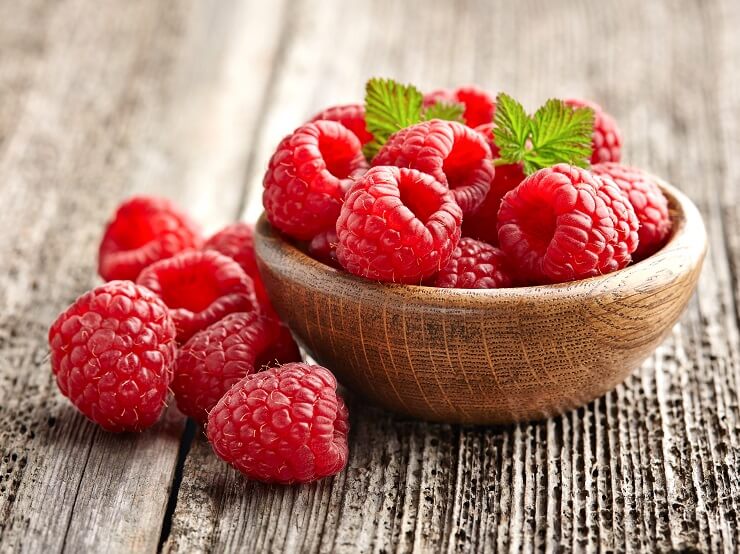
Not only are fresh raspberries yummy, they’re really good for you – and your bunny!
That same one-cup serving of delicious red berries gives you about:
- 6 iu vitamin A
- 186 mg potassium
- 2 mg vitamin C
- .1 mg vitamin B6
- .8 mg manganese
- 1 mg magnesium
- .4 mg pantothenic acid
- .1 mg copper
- 7 mg phosphorus
- 7 mg calcium
- 6 mcg vitamin K
- 8 mcg folate
- 1 mg choline
Can Rabbits Have Raspberries?
Yes! It’s okay to feed rabbits raspberries. As fruit goes, this is one of the lowest sugar choices around, meaning it’s also one of the best fruits for rabbits.
Just remember to give the raspberries a good rinse before you offer them to your little friend.
Are Raspberries Good For Rabbits?
Absolutely – raspberry is good for rabbits. This yummy fruit is high in fiber, plus it offers lots of vitamins, minerals, and antioxidants to benefit your bunny’s overall well-being.
Just as our bodies use antioxidants from food to fight off free radicals that damage cells, so does your bunny’s body. These antioxidants – including the anthocyanin that’s found in raspberries – can help keep our hearts (and our pets’ hearts!) healthy.
We and our rabbits need magnesium, too. In rabbits, magnesium can help prevent bladder sludge from forming when excess calcium is present.
Of course, your bunny should be getting their daily dose of magnesium from main food sources including hay and pellets, but a little extra certainly doesn’t hurt, whether it’s from treats like raspberries, or from supplements!
Do Rabbits Like Raspberries?
Yes, most rabbits love raspberries! Don’t be surprised if this becomes one of your bunny’s favorite fruits.
How Much Raspberry Can A Rabbit Eat?
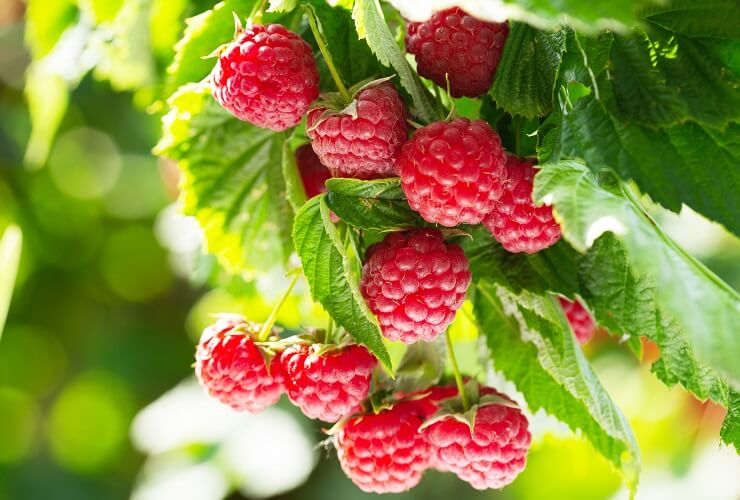
Even though raspberries are good for rabbits, there are definitely limits.
Here’s how much raspberry to feed a rabbit:
| Age | Amount |
| Baby rabbits | None |
| Juvenile rabbits | None |
| Adult rabbits | 2 large raspberries or 3 to 4 small raspberries |
If your rabbit has already tried blackberries and eats one or two of those at a time, you can go ahead and offer your bunny a full serving of raspberries.
If this is your rabbit’s first time trying berries, then you’ll want to make a gradual introduction just as you do when offering any new food.
Start by offering your rabbit just half a raspberry. Over the next 24 hours or so, keep an eye out for signs of discomfort, bloating, or diarrhea.
So long as everything goes smoothly, you can offer your bunny a whole raspberry next time and then move up to the full serving size the third time it’s on their menu.
How Often Can A Rabbit Eat Raspberries?
Even though raspberries are one of the best fruits for rabbits, this isn’t a treat they can have every day.
Only give your rabbit raspberries 2 to 3 times per week, and never on the same day as you offer other sweet fruits or vegetables.
If you want to mix things up and offer your bunny a few different types of fruit at once, it’s okay to do that – just reduce the portion size of each fruit your offering so that the overall serving amounts to no more than 1 teaspoon per 2 pounds of your rabbit’s body weight.
The Correct Diet is Important
Rabbits that eat right enjoy better health so it’s wise to offer your bunny a diet that’s similar to what wild rabbits eat in their natural environment.
As it turns out, raspberries are on the menu when while bunnies can find them! Wild rabbits also eat a variety of grasses and small plants that grow within easy reach.
With your pet’s good health in mind, here’s what to feed your rabbit every day:
- Unlimited quantity of fresh hay
- Unlimited supply of clean, fresh water – rinse and refill your rabbit’s drinking bottle at least once daily
- Good-quality rabbit food (check the label to see how much food to feed a rabbit the size and age of your pet)
- 1 cup of fresh leafy greens and veggies per 2 pounds of body weight (see our list below for ideas about what to include in your rabbit’s fresh salad)
- A limited amount of treats; check our guides for recommendations about peaches, blackberries, celery, cucumbers, grapes, and other 100 percent natural rabbit treats
- About one tablespoon of seeds such as pumpkin seeds or sunflower seeds if they aren’t already blended into your bunny’s regular food
Be sure that your rabbit has safe, chewable rabbit toys in their bunny hutch at all times. A rabbit’s teeth never stop growing and it’s up to us says pet parents to provide items that help keep their teeth at the right length.
Not only does chewing prevent your rabbit’s teeth from becoming overgrown, painful and possibly infected, this activity keeps your rabbit healthy, happy, and well-adjusted.
What Are Other Healthy Alternatives To Raspberries In A Rabbit’s Diet?
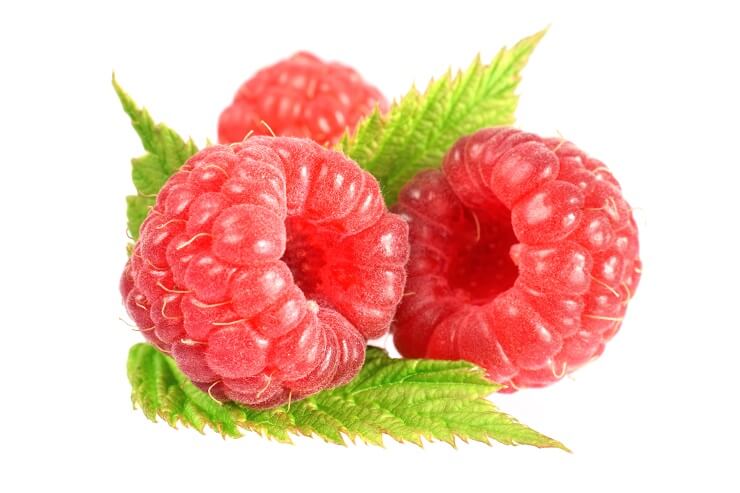
Even though you can feed your rabbit raspberries fairly often, it’s really important to mix things up and provide a wide variety of treats all throughout each week.
Here are some ideas:
- carrots
- carrot tops
- basil
- parsley
- cilantro
- swiss chard
- mustard greens
- beets
- beet greens
- radish tops
- romaine lettuce
- butter lettuce
- bibb lettuce
- buttercrunch lettuce
- red lettuce
- endive
- escarole
- fennel
- cabbage
- red cabbage
- bell pepper
- broccoli
- cauliflower
- celery
- cucumber
- dandelion greens
- bok choy
- yu choy
- spinach
- kale
There are lots of choices on this list of rabbit approved veggies, but the truth is that there are many other wonderful foods that are perfectly safe for your bunny to enjoy.
Just be sure to look for information on each new food that you plan to give your rabbit. This way, you’ll be able to offer the correct serving size, and you will avoid anything toxic.
Ready to see your bunny wiggle their whiskers with joy? Give your rabbit raspberry – just one for now – and see how they like it!
We’re pretty sure the response will be favorable.
Frequently Asked Questions
Is raspberry safe for rabbits?
Yes! Most rabbits can have raspberries. Just be sure to wash them before offering them to your pet. Even if you’re giving your rabbit organic raspberries, there could be debris or fertilizer clinging to the berries.
Can raspberries make my rabbit sick?
Yes – raspberries can make rabbits sick, but this is something that normally only happens when a rabbit eats far too many raspberries at once. Stick to the recommended serving size, and your bunny should have no problem enjoying raspberries.
Can rabbits have raspberry leaves?
Yes, rabbits can eat raspberry leaves. In fact, raspberry leaves are very good for rabbits and if you have a source of raspberry leaves that have not been treated with pesticides, herbicides, or chemical fertilizers, then you can offer one or two raspberry leaves on a regular basis. Remember to give the leaves a rinse before you give them to your pet bunny.
Can my rabbit have frozen raspberries?
Probably not. Frozen raspberries usually contain sugar and other additives, making them unsuitable for rabbits. If you can find frozen raspberries with nothing added you can try sawing one out and offering it to your rabbit.
Can rabbits eat dried raspberries?
If you'd like to share dried raspberries with your rabbit, go ahead so long as there is no added sugar or preservatives. Dehydrated raspberries can be a safe, natural treat for rabbits. Only offer one at a time.






